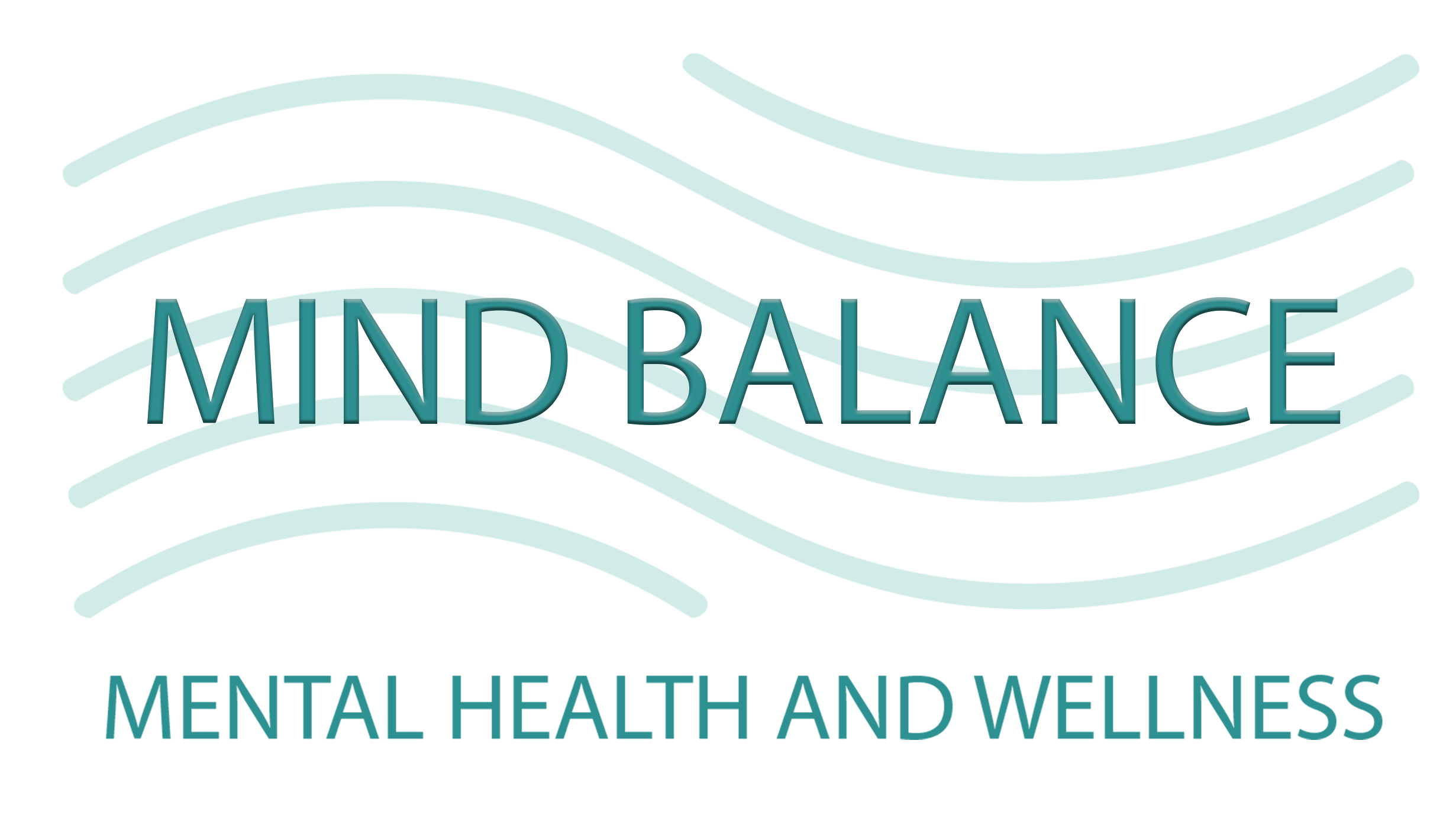Understanding OCD and Treatment
If you or someone you know is dealing with obsessive-compulsive disorder (OCD), it’s crucial to grasp the basics of this condition and the treatments that can help manage it.
What is Obsessive-Compulsive Disorder?
Obsessive-Compulsive Disorder (OCD) is a chronic mental health condition marked by recurring unwanted thoughts (obsessions) and repetitive behaviors (compulsions). These obsessions and compulsions can seriously mess with daily life and cause a lot of stress. Common obsessions include fears of germs, excessive doubt, and a need for things to be just right. Compulsions often involve repetitive actions like washing hands, checking locks, or counting.
How to Treat OCD
When treating OCD, cognitive-behavioral therapy (CBT) stands out as the most effective form of psychotherapy (NCBI). CBT helps people identify and challenge their obsessive thoughts and develop healthier coping mechanisms. A specific type of CBT called Exposure and Response Prevention (ERP) is particularly good at reducing OCD symptoms. ERP involves gradually exposing individuals to situations that trigger their obsessions while preventing the compulsive behaviors. Over time, this helps people manage their obsessions and cut down on compulsive actions.
Medications can also play a big role in treating OCD. Serotonin reuptake inhibitors (SRI), a type of antidepressant, are commonly used to help manage OCD symptoms. These meds work by boosting serotonin levels in the brain, which can help reduce obsessions and compulsions (Mayo Clinic). It’s worth noting that not all medications work the same for everyone, so finding the right one might take some trial and error.
Often, a combination of psychotherapy and medication provides the best results for managing OCD. The mix of CBT and medication can tackle both the cognitive and behavioral aspects of the disorder (Mayo Clinic). It’s essential to work closely with a qualified mental health professional to figure out the best treatment plan for your specific needs.
While professional treatment is key, there are also lifestyle changes and coping strategies that can help manage OCD. These might include stress-reducing activities, practicing mindfulness, and building a strong support system. Remember, managing OCD takes ongoing effort and support, but with the right treatment and strategies, individuals can enjoy a better quality of life.
Cognitive-Behavioral Therapy (CBT)
Cognitive-Behavioral Therapy (CBT) is a top-notch treatment for obsessive-compulsive disorder (OCD). Research, including a meta-analysis of 33 studies (NCBI), shows it can really cut down OCD symptoms. CBT helps folks spot and change the thoughts and actions tied to OCD, giving them a grip on their symptoms and boosting their quality of life.
How CBT Helps with OCD
CBT is a game-changer for OCD treatment. It’s a structured, goal-focused therapy that helps people understand the thought patterns behind their obsessions and compulsions. By looking at how thoughts, feelings, and behaviors connect, CBT helps folks challenge irrational beliefs and find better ways to cope.
The main aim of CBT for OCD is to break the cycle of obsessions and compulsions. Therapists team up with individuals to spot triggers, recognize twisted thinking, and develop more realistic thoughts. This process helps people reframe their thoughts and cut down the anxiety linked to their obsessions.
Exposure and Response Prevention (ERP) Therapy
Exposure and Response Prevention (ERP) therapy is a special kind of CBT that’s super effective for OCD. ERP involves facing anxiety-inducing stuff while stopping the usual compulsive response. This helps folks confront their fears and gradually lower their anxiety.
In ERP therapy, people work with their therapist to list out feared situations or objects, starting with the least scary. They then gradually expose themselves to these triggers without doing their usual compulsive actions. Over time, this repeated exposure and prevention of compulsive responses teach them that their anxiety naturally decreases, giving them control over their obsessions.
Combining CBT with ERP therapy helps people with OCD develop solid strategies to manage their symptoms and take back control of their lives. Remember, CBT and ERP are often customized to fit each person’s unique needs, making it a highly personalized treatment.
If you’re thinking about CBT for OCD, it’s crucial to talk to a qualified mental health professional who specializes in this area. They can guide you through the therapy, offer support, and help you build the skills needed to manage your OCD symptoms effectively.
For more on other OCD treatments, like medications and alternative therapies, check out our article on OCD treatment. Seeking professional help is a big step towards finding the best treatment for you.
Medications for OCD
Dealing with OCD? Medications can be a game-changer in managing those pesky symptoms and boosting your quality of life. One of the top contenders in the medication arena for OCD is Serotonin Reuptake Inhibitors (SRIs), which are typically used as antidepressants. These meds don’t just lift your mood; they tackle OCD symptoms head-on and are often paired with other therapies for a one-two punch.
Serotonin Reuptake Inhibitors (SRI)
SRIs are the go-to meds for OCD. They work by cranking up the levels of serotonin in your brain. This neurotransmitter is like the brain’s happy juice, and by balancing it out, SRIs can help keep OCD symptoms in check.
Some well-known antidepressants that double as OCD fighters include Prozac, Zoloft, Paxil, and Anafranil. Anafranil is the heavyweight champ here, with the most research backing it up. But don’t count out the others; they’ve also proven their worth in studies (International OCD Foundation).
Now, here’s the kicker: you might need higher doses of these meds to see real results. Studies show that specific doses are often necessary for the best outcome. But don’t go playing doctor yourself—work closely with a healthcare pro to nail down the right dosage for you.
Commonly Used Antidepressants for OCD
Check out these commonly prescribed antidepressants for OCD:
| Antidepressant | Brand Names |
|---|---|
| Fluoxetine | Prozac |
| Sertraline | Zoloft |
| Paroxetine | Paxil |
| Clomipramine | Anafranil |
These meds have been put through the wringer in studies and have shown they can seriously cut down OCD symptoms. But remember, everyone’s different. What works wonders for one person might not do the trick for another. It might take some trial and error to find your perfect match.
And hey, if you’re pregnant, SSRIs can still be an option. The key is weighing the benefits against the risks. Have a heart-to-heart with your healthcare provider to figure out the best path forward, as mental health during pregnancy is crucial for both mom and baby.
Medications alone might not cut it for managing OCD. They’re often best used alongside other therapies like Cognitive-Behavioral Therapy (CBT) and Exposure and Response Prevention (ERP) Therapy. Combining meds with therapy can give you a solid, well-rounded treatment plan.
So, don’t go it alone. Chat with a healthcare professional, like a psychiatrist or mental health specialist, to figure out the best medication and treatment combo for your unique needs.
Tackling OCD: The Power Duo of CBT and Medication
When it comes to treating OCD, combining cognitive-behavioral therapy (CBT) with medication often hits the sweet spot. Let’s break down how these two can team up to tackle OCD symptoms and find the best ways to manage this condition.
How CBT and Medication Work Together
Cognitive-behavioral therapy (CBT) is like the MVP in the OCD treatment game. A big study looked at 33 different pieces of research and found that CBT had a huge impact on reducing OCD symptoms (NCBI). CBT helps you get a grip on the thoughts, feelings, and behaviors that OCD messes with. It’s all about learning new ways to handle those obsessive thoughts and compulsive actions.
One type of CBT, called Exposure and Response Prevention (ERP), is especially good at dealing with OCD. ERP gets you to face your fears head-on without giving in to the compulsions. Over time, this helps you react to your obsessions in healthier ways (International OCD Foundation).
Sometimes, adding medication to the mix can make CBT even more effective. Doctors often prescribe selective serotonin reuptake inhibitors (SSRIs) for OCD. These meds help balance serotonin levels in your brain, which can dial down the intensity of OCD symptoms. This makes it easier for you to stick with CBT and ERP.
Finding What Works Best for You
Everyone’s different, so the best way to manage OCD can vary. But combining CBT with medication is often the go-to strategy. This combo gives you the tools to fight back against obsessions and compulsions.
Working with a healthcare professional is key. Whether it’s a psychiatrist or a therapist, they’ll help you figure out a treatment plan that fits your needs. They’ll look at your symptoms, how severe they are, and your personal situation to come up with the best approach. Keeping in touch with your healthcare provider ensures that your treatment plan can be tweaked as needed to keep it working well.
Besides therapy and meds, making some lifestyle changes can also help manage OCD. Think stress-busting activities, regular exercise, good sleep habits, and having a solid support system. Doing things that help you relax and take care of yourself can make a big difference in managing OCD symptoms.
Remember, treating OCD is a journey. It might take some time to find the right mix of therapies and strategies that work for you. But with the right support and a well-rounded approach, you can get a handle on your OCD symptoms and live a better life.
Alternative Therapies for OCD
Sure, cognitive-behavioral therapy (CBT) and meds are the go-tos for OCD treatment, but what if they don’t cut it? Don’t worry, there are other options out there. Let’s talk about deep brain stimulation (DBS) and mindfulness-based interventions.
Deep Brain Stimulation (DBS)
Deep brain stimulation (DBS) is like a high-tech reboot for your brain. For those with severe, treatment-resistant OCD, DBS might be a game-changer. It involves surgically implanting electrodes in specific brain areas. These electrodes send electrical impulses to tweak the brain activity linked to OCD.
Studies show DBS can significantly reduce OCD symptoms (Source). The FDA has given DBS the green light for treating stubborn OCD cases under humanitarian device exemption. Plus, deep transcranial magnetic stimulation (TMS) is also FDA-approved for OCD.
But let’s be real, DBS is invasive and usually a last resort. Always chat with a healthcare pro to see if DBS is right for you.
Mindfulness-Based Interventions
Mindfulness-based interventions are getting a lot of buzz for helping with mental health issues, including OCD. Mindfulness is all about staying in the moment without judging yourself.
By practicing mindfulness, people with OCD can become more aware of their thoughts and feelings without getting sucked into them. This can help reduce distress and give you more control over your actions.
Mindfulness practices can include meditation, breathing exercises, and body scans. You can do these in therapy sessions or on your own. Research shows mindfulness can help reduce OCD symptoms and boost overall well-being.
While DBS and mindfulness offer more treatment options, always discuss these with an OCD specialist. They can guide you to the best approach for your needs.
Don’t forget, lifestyle changes and coping strategies can also help manage OCD. Stress management, regular exercise, and a strong support system can make a big difference and boost the effectiveness of your treatment.
Family Dynamics and OCD
Treating Obsessive-Compulsive Disorder (OCD) isn’t just about the individual; it’s a family affair. Two biggies in this mix are Family Accommodation (FA) and Expressed Emotion (EE) (Focus Psychiatry). Let’s break down why these matter and how family support can make a world of difference in OCD treatment.
Family Accommodation in OCD Treatment
Family Accommodation is when family members change their behavior to help someone with OCD feel less anxious. Sounds nice, right? But it can backfire. These well-meaning actions can actually keep the OCD cycle going.
Think about it: joining in on rituals, giving constant reassurance, avoiding triggers, or tweaking daily routines to dodge obsessions and compulsions. While these moves come from a place of love, they can make it harder for the person with OCD to learn how to cope on their own.
Therapists often work with families to spot these behaviors and gradually cut them out. The goal? Help the person with OCD stand on their own two feet and make real progress.
Importance of Family Support
Family support is like rocket fuel for OCD treatment. When family members get it and show they care, it can boost the individual’s motivation and stick-to-itiveness. A supportive home can make all the difference.
Support groups are also a goldmine. They offer a space to share stories, swap coping tips, and get some much-needed emotional backup. National charities like OCD Action, OCD-UK, and TOP UK can point you to local groups (NHS).
Research shows that family involvement is super important, especially for kids with OCD. When families dive into the treatment process, it creates a team vibe that can really help the person with OCD feel empowered and make strides in their recovery.
Wrapping It Up
Family dynamics are a game-changer in OCD treatment. Tackling Family Accommodation and building a supportive environment are key steps. By teaming up with therapists, families can offer the support, understanding, and encouragement their loved ones need to tackle OCD and live a healthier, happier life.
Lifestyle Changes and Coping Strategies
Dealing with obsessive-compulsive disorder (OCD) isn’t just about therapy and medication. Sometimes, the little things you do every day can make a big difference. Here are some practical tips to help you manage OCD and improve your quality of life.
Simple Lifestyle Tweaks
Small changes can have a big impact on OCD symptoms. Here are some ideas:
- Stay Active: Regular exercise, eating well, and getting enough sleep can boost your mood and help keep anxiety at bay.
- Chill Out: Try stress-busting activities like deep breathing, meditation, or yoga. These can help calm your mind and reduce anxiety.
- Stick to a Routine: Having a daily schedule can give you a sense of control and stability. Make time for work, relaxation, and fun.
- Avoid Triggers: Figure out what sets off your OCD and try to steer clear of those things. It might mean avoiding certain places or activities.
- Do What You Love: Dive into hobbies that make you happy and keep your mind busy. Whether it’s painting, gardening, or playing an instrument, find something that brings you joy.
Building Your Support Squad
Having a solid support system can make a world of difference. Here’s how to build yours:
- Talk About It: Be open with your loved ones about your OCD. Explain what it is and how it affects you. The more they understand, the better they can support you.
- Get Professional Help: Besides seeing a therapist, think about joining an OCD support group. Sharing your experiences with others who get it can be incredibly comforting. Organizations like OCD Action, OCD-UK, and TOP UK can help you find local groups.
- Involve Your Family: Encourage your family to be part of your treatment. Their support can be crucial. Family therapy can also help address how OCD affects everyone at home.
- Join Online Communities: Look for online forums and groups where you can connect with others who have OCD. Sharing tips and stories can make you feel less alone.
Remember, managing OCD is a marathon, not a sprint. While professional OCD treatment in Charlotte is key, these lifestyle changes and a strong support system can make your journey a bit easier. Keep pushing forward, and don’t hesitate to lean on those around you.





